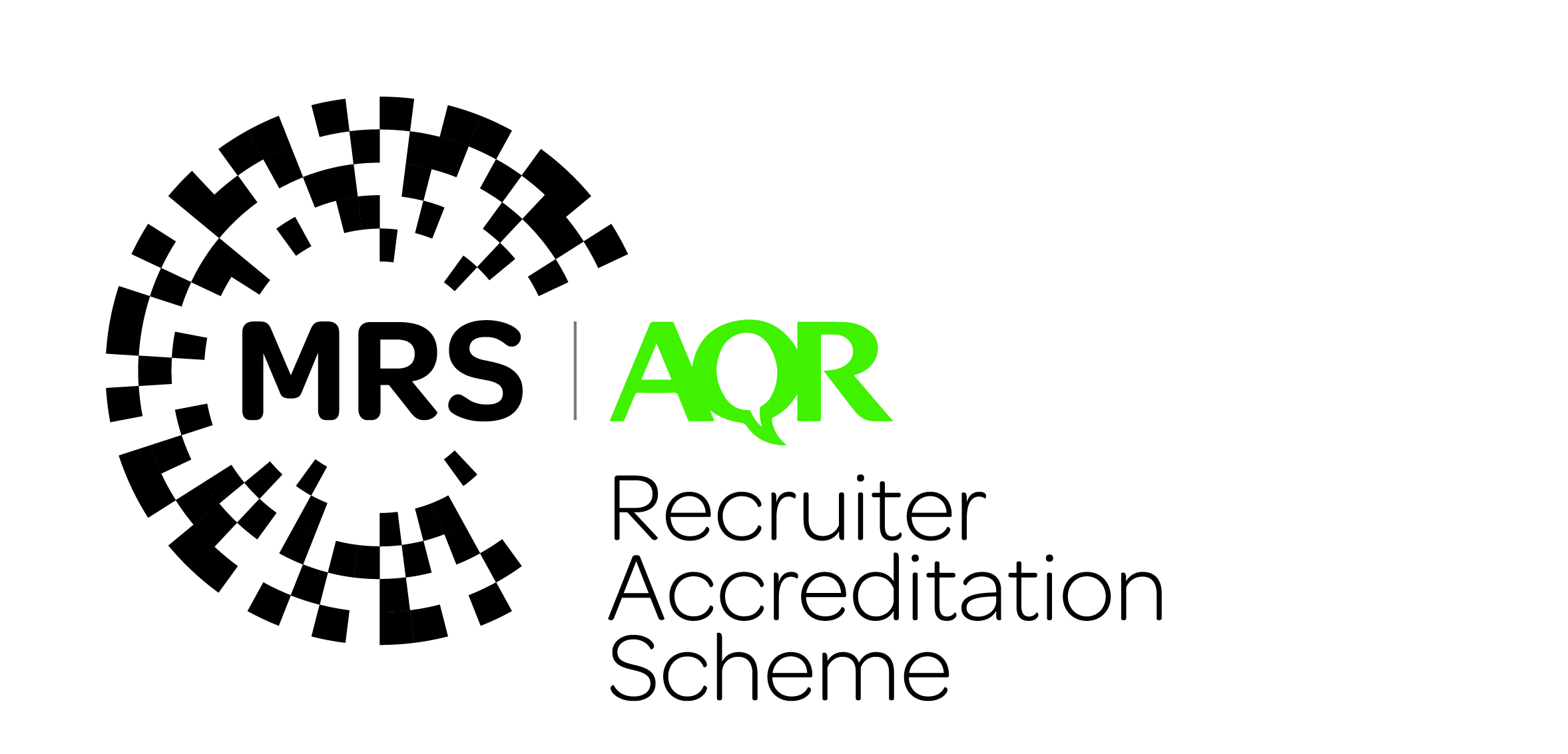All MRS websites use cookies to help us improve our services. Any data collected is anonymised. If you continue using this site without accepting cookies you may experience some performance issues. Read about our cookies here.
Equality, Diversity and Inclusion Module
This module is optional and standalone to core RAS accreditation – Only recruiters who have already achieved RAS Accredited Status are eligible to sit assessment for this module. The training materials are available to all.
Module Description
As recruiters you identify, approach, recruit and liaise with participants to take part in research and data collection projects. This means that you have contact with a range of people with different characteristics e.g., different ethnicities, gender identities, sexual orientation and physical and mental health conditions. As part of research recruitment, you may also be asked to find participants with specific characteristics to meet recruitment quotas, etc.
In this module we look at diversity, equity, equality and inclusion, explain the concepts, principles and terms used and the application for research and research recruitment. This training will help you understand your obligations and the steps you should take to recruit participants in an inclusive way, your legal obligations and the best practice requirements when doing so. We will largely focus on sexual orientation, sex and gender, physical disabilities and mental health conditions, and ethnicity when discussing inclusive approaches. However, inclusion is much bigger than these characteristics and includes other considerations such as age, social inclusion, culture, religion and nationality. We will touch upon some of these other considerations but in less detail. This is primarily because the Representation in Research which MRS has been advocating, and which clients will be following, is based upon the four characteristics of sexual orientation, sex and gender, physical disabilities and mental health conditions.
Thank you to the following experts for their assistance developing the RAS EDI Module:
- Trixie Cartwright – Global Lead – Diversity & Inclusion, Ipsos
- Sania Haq – Founder, Bye 2 Stereotypes
- Riaz Marzban – Business Development Director, Ethnic Opinions


